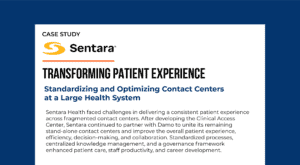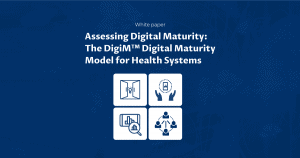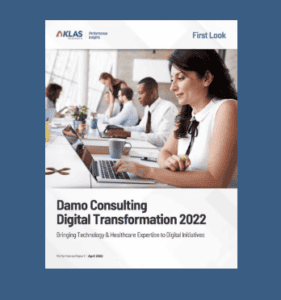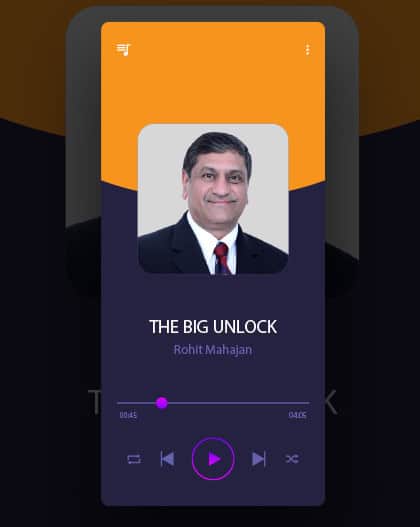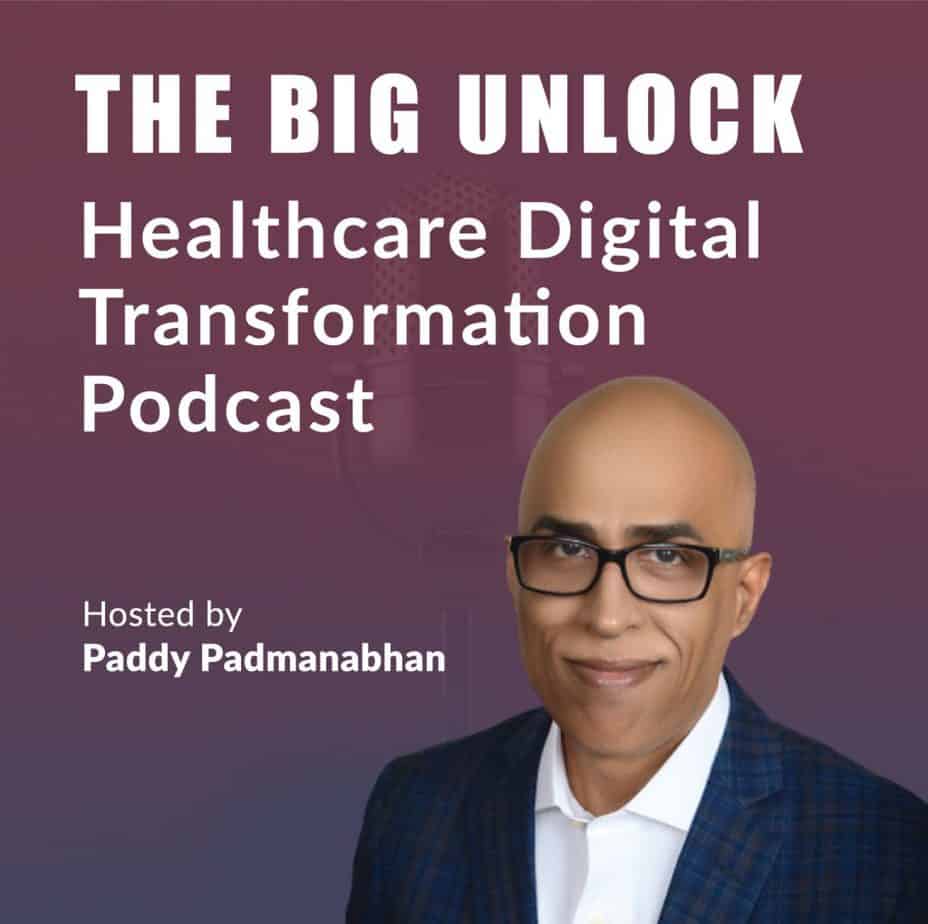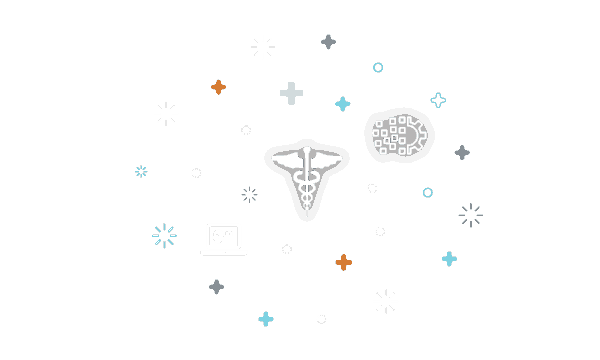The Transformative Power of Generative AI in CRM

This article explores the transformative nature of Generative Artificial Intelligence (GAI) in the realm of Customer Relationship Management (CRM) software, with a focus on the healthcare industry. It delves into the disruptive yet beneficial aspects of integrating GAI into CRM systems, demonstrating how GAI has the capacity to change the nature of CRM while ultimately improving customer service and contact. Real-world examples and statistics are provided to support the conclusion that GAI, while disruptive, is poised to revolutionize CRM for businesses of all sorts and is already and will be particularly beneficial to improving the customer experience in healthcare.
Background
Customer relationship management, or CRM, is the combination of practices, strategies, and technologies that companies use to manage and analyze customer interactions and data throughout the customer lifecycle.
CRM has evolved from basic contact management to a critical strategic asset for businesses of all sizes. CRM software, such as Salesforce, has become indispensable for managing customer interactions, sales processes, and marketing campaigns. In the digital age, the integration of Generative Artificial Intelligence (GAI) promises to disrupt and transform CRM, but will such changes be for better or worse? We present the argument for the better and illustrate how GAI can be used practically and strategically to enhance CRM capabilities and improve customer service.
GAI can have a powerful and positive transformative effect, particularly in a healthcare industry whose reputation for customer contact and customer engagement is often less than stellar.
Challenges around the implementation of CRM
CRM can deliver value when integrated with the entire healthcare workflow, primarily the EMR, including administrative, registration, operational and clinical areas. It can deliver significant enterprise value through increased employee productivity, enhanced experiences for patients/members, and top-line growth. Sometimes simple reminders can go a long way to keep people on track with their treatment and wellness goals.
Integration with the EMR: A significant challenge to achieving this is integrating the CRM with the EMR, which is the primary source of truth. CRM was primarily built to market and sell potential customers’ services and products. In the healthcare context, therefore, CRM lacks most data types that the healthcare sector requires to populate patient or healthcare consumer data. Medication reminders, for example, can be accomplished by sending custom notifications to patient cohorts through a CRM application. The CRM is not built to store and comprehend medication doses, routes, and frequencies, thus becoming a challenge. Apart from this, managing multiple patient identifiers across different applications and devices is an important aspect that cannot be ignored.
Adhering to HIPAA: The confidentiality of the information cannot be compromised, and this can be addressed with appropriate encryption and security protocols. This involves having robust middleware that acts as a pipeline between the two applications to take care of the authorizations, encryptions, and overall security to monitor and manage the communications between the EMR and CRM. This integration must consider, apart from the EMR, integration with devices like Fitbit and payer platforms to get an overall 360 view of the patient.
Content Curation: The content to be sent out to the patients regarding their appointments and upcoming tests and imaging must be curated sensitively, keeping in mind the overall objective of providing the patient with comprehensive healthcare services. The messages and the voice calls cannot be straight out in a manner that is sales oriented. They must be empathetic and carefully worded to capture the healthcare emotions of the patients for them to be able to relate to the notifications sent out by the healthcare enterprise.
Stakeholder involvement: Getting the care providers on board with the entire concept of CRM, even if challenging, is necessary for any CRM program to succeed. For large organizations, a CRM can fill the gap to rebuild human interactions and increase visibility in the market.
If appropriately used, customer relations management in the healthcare industry has the power to transform the system completely. Through relationship management, health CRM increases patient satisfaction and helps healthcare organizations create informed plans for patient acquisition. Patient and provider communication is made simple and effective by health CRM, which also offers automated ways to ensure information flow that is both efficient and accountable. Perhaps the CRM application should be called “Care Relationship Management” for use in the healthcare industry instead of “Customer Relationship Management.”
The Role of CRM in Modern Business
Overview of CRM
Customer Relationship Management (CRM) encompasses strategies, technologies, and practices that enable businesses to manage and analyze interactions with customers and prospects throughout their lifecycle. CRM systems streamline processes, foster customer loyalty, and drive revenue growth.
The Importance of CRM in Business
CRM plays a pivotal role in modern business by:
- Facilitating Customer Data Management: Storing and organizing customer information, including preferences and purchase history.
- Enhancing Customer Engagement: Providing insights for personalized interactions and targeted marketing.
- Streamlining Sales and Support: Automating workflows, managing leads, and tracking customer support requests.
- Measuring Performance: Analyzing data to make informed business decisions and improve operations.
Generative AI: A Primer
What is Generative AI?
Generative Artificial Intelligence (GAI) refers to a subset of AI that uses neural networks to generate content, such as text, images, or even entire applications, autonomously. GAI models, like GPT-3, are trained on vast datasets and can produce human-like content.
Key Components and Technologies
GAI relies on deep learning techniques, including neural networks with multiple layers. It leverages Natural Language Processing (NLP), computer vision, and other AI technologies. In CRM, GAI applications often involve chatbots, predictive analytics, and automated content generation.
Generative AI in CRM: A Conceptual Framework
Generative AI can be integrated into CRM systems to automate routine tasks, assist with data analysis, and enhance customer interactions. It acts as a digital assistant, making CRM processes more efficient and effective.
Disruption and Transformation
The launch of ChatGPT has started a wave of technology companies looking to integrate generative AI into their products and apps. GAI can automate many of the time-consuming tasks related to a business’s typical CRM efforts. With Generative AI, an operation can generate content, insights, and commands within seconds, boosting efficiency and saving valuable time. However, when it comes to CRM, where GAI is particularly disruptive is in its ability to forge deeper, personalized connections with customers, driving improved conversion rates and redefining productivity in the digital age. Leading CRM software providers such as Salesforce, Zendesk, and HubSpot are recognizing and harnessing this power of GAI by integrating it into their solutions.
GAI’s Impact on Traditional CRM
GAI disrupts traditional CRM by automating repetitive tasks, allowing human resources to focus on complex, high-value activities. It enhances CRM systems in the following ways:
Automating Routine Tasks
- Chatbots: GAI-powered chatbots handle routine customer inquiries and support requests 24/7, improving response times and user satisfaction.
- Data Entry and Validation: GAI automates data entry, reducing errors and freeing up human resources.
- Lead Scoring: GAI can predict lead quality, prioritize sales efforts, and improve conversion rates.
Predictive Analytics and Personalization
- Customer Insights: GAI analyzes customer data to provide real-time insights and suggestions for personalized interactions.
- Sales Forecasting: GAI models predict sales trends and customer behavior, helping businesses make informed decisions.
Enhanced Data Management
- Data Cleansing: GAI identifies and corrects errors in CRM data, ensuring data accuracy.
- Data Augmentation: It enriches CRM data with external sources, enhancing customer profiles.
- Automated Reporting: GAI generates reports and dashboards, saving time and ensuring data-driven decision-making.
Top Benefits of GAI in CRM
Improved Customer Service
- 24/7 Support: GAI-powered chatbots provide round-the-clock customer support, improving accessibility.
- Consistent Responses: GAI ensures consistent, accurate responses to customer inquiries.
- Efficient Issue Resolution: GAI assists human agents by providing relevant information and speeding up issue resolution.
Real-time Insights
- Predictive Analytics: GAI predicts customer behavior, allowing businesses to proactively address issues and opportunities.
- Data-driven Marketing: GAI helps tailor marketing campaigns based on real-time customer insights.
Scalability and Cost Efficiency
- Scalable Support: GAI enables businesses to handle a larger volume of customer inquiries without proportionally increasing support staff.
- Cost Reduction: Automating routine tasks reduces labor costs and improves resource allocation.
Data Security and Privacy
- Data Protection: GAI ensures data security and privacy compliance through automated auditing and monitoring.
- User Consent: GAI can manage customer consent preferences and permissions.
The Integration of GAI and CRM in the Hospital and Healthcare Setting
Creating an engaging customer experience has always been a particular change in healthcare. A constant complaint among healthcare consumers is “feeling like a number” and dealing with hospitals and healthcare providers that seem to lack a personal touch in a setting where that should be the rule rather than the exception.
GAI can change all that with its unique ability to craft deeply individualized customer exchanges. Drawing from past data, CRMs infused with GAI can create bespoke emails and responses, bypassing the old “one-size-fits-all” approach. In tandem with this, the technology’s predictive prowess can foresee a patient’s future needs, desires, and actions. This foresight lets customer care agents jump in with solutions or offerings, often before the client even voices their requirements.
Three years ago, CRM in the healthcare sector obtained $8,9 million and is forecasted to increase at a CAGR of 13.4% by 2025. The projected revenue by 2025 will be equal to $21,462.6 million.
[Graphics create a chart to illustrate the above-cited trend like this one]
COVID-19 forced individuals to interact with the healthcare system through telemedicine platforms and other new ways. In the post-pandemic era, medical institutions that haven’t switched to automated CRM systems will fall behind their competition in meeting customer expectations and streamlining their daily operations.
The healthcare sector is not restricted to clinics, hospitals, and facilities that provide direct patient care. It is a broad swath of operations that, in addition to medical care, develops medical equipment, provides health insurance, and more. A dynamic and robust CRM integrated with GAI can manage and support every healthcare setting with outstanding technological advancements and enhanced customer engagement.
Case Studies and Real-world Examples
Customer experience is the current battleground in healthcare. Like many leading healthcare organizations, Sentara needed to reimagine its customer experience and engage its customers more compellingly. They turned to DAMO Consulting for a solution.
Sentara Healthcare is a large not-for-profit integrated healthcare delivery system on the East Coast with more than 29,000 employees, 12 hospitals, and a health plan that is recognized nationally for clinical quality and safety. Sentara’s strategic vision includes delivering an omnichannel, personalized experience. They recognized that their CRM approach was highly fragmented and that the financial investment was growing significantly year after year. Sentara knew the potential and the rising importance of a robust CRM to fuel growth, deliver better communications and experience, and as a tool for their efforts to consolidate contact centers.
The Damo team used a proven three-step methodology for developing an enterprise CRM strategy and roadmap:
- Document and understand the current state and establish the baseline.
- Identify gaps, opportunities, and needs through a combination of deep industry knowledge and careful discovery of Sentara’s internal expectations and capabilities.
- Define specific recommendations and projects along a three-year roadmap with prioritization and dependencies.
Ultimately, Damo identified six projects to advance Sentara’s enterprise CRM in the near term and additional priority projects for years two and three. Strong internal leadership and sponsoring of this project led to a plan that thoughtfully coordinated and enabled Sentara’s rapidly expanding CRM footprint. The plan also helped to manage their growing CRM-related costs.
This project developed and delivered an actionable strategy in just three months. Read the entire case study here.
How Are the CRM Leaders Reacting?
Salesforce
Salesforce is widely recognized as the industry leader in automated CRM solutions. The company is rolling out a new product that uses OpenAI’s advanced AI models to help salespeople, customer service workers, developers, and others remove mundane tasks from their workday.
In a recent interview with CNBCClara Shih, CEO of Salesforce’s Service Cloud business, said, “Generative artificial intelligence tools like ChatGPT are changing the way that companies and salespeople are communicating with customers for the better.”
The latest offering from Salesforce, Salesforce Einstein, leverages GAI to enhance CRM capabilities. It offers predictive lead scoring, automated email responses, and dynamic pricing recommendations. Companies like Unilever have reported a 50% increase in conversion rates after implementing Einstein.
“It’s really about bringing enterprise-grade generative AI to our clients, whether those are small businesses or the largest companies in the world, and doing it in a way that’s rooted in business outcomes,” Shih told CNBC.
Zendesk Sunshine Conversations
Zendesk’s Sunshine Conversations uses GAI to power chatbots and automate support interactions. The result is a 20% reduction in support costs and a 30% increase in customer satisfaction for companies like Slack.
HubSpot’s GAI-Powered Chatbots
HubSpot’s chatbots use GAI to engage website visitors and capture leads. These chatbots have increased lead generation by 45% and reduced response times to customer inquiries by 60%.
ChatGPT and Customer Support
OpenAI’s ChatGPT has been integrated into CRM systems for customer support. It handles routine inquiries, allowing human agents to focus on complex cases. Companies using ChatGPT have reported a 40% reduction in response times and a 25% increase in customer satisfaction.
Challenges and Considerations
Ethical Concerns
- Bias: GAI models may perpetuate biases present in training data.
- Privacy: Handling customer data requires careful consideration of privacy regulations.
Integration Complexity
- Data Integration: Integrating GAI with existing CRM systems can be complex and requires IT expertise.
- Training: Training GAI models for specific CRM tasks demands time and resources.
Training and Implementation
- Change Management: Employees may resist or require training to adapt to GAI-powered CRM.
- Maintenance: GAI models need ongoing maintenance and updates to remain effective.
The Future of CRM: GAI-Driven Evolution
Industry Trends
- Hyper-personalization: GAI will enable businesses to deliver hyper-personalized experiences to customers.
- AI-assisted Sales: GAI will become a crucial tool for sales teams, providing insights and automating routine tasks.
- Seamless Multichannel Support: GAI will unify customer support across various communication channels.
Potential Innovations
- Sentiment Analysis: GAI will offer advanced sentiment analysis for understanding customer emotions.
- AI-powered Virtual Assistants: GAI-driven virtual assistants will provide proactive customer support.
- Predictive Maintenance: GAI will predict equipment failures and maintenance needs for B2B CRM.
Conclusion
Summary of Key Findings
Generative Artificial Intelligence is poised to disrupt and transform Customer Relationship Management (CRM). It automates routine tasks, provides predictive insights, and enhances data management. Real-world examples show significant improvements in customer service, cost efficiency, and data security.
The Path Forward
Businesses should embrace GAI integration into CRM systems while addressing ethical concerns and complexities. GAI-driven CRM is the future, offering unprecedented opportunities to enhance customer service, drive growth, and remain competitive in an increasingly digital world. By harnessing the power of Generative AI, companies can revolutionize CRM, improving customer service and contact while achieving long-term success.
To find out how much your healthcare organization can benefit from integrating GAI into your CRM, contact DAMO Consulting for a free analysis.

